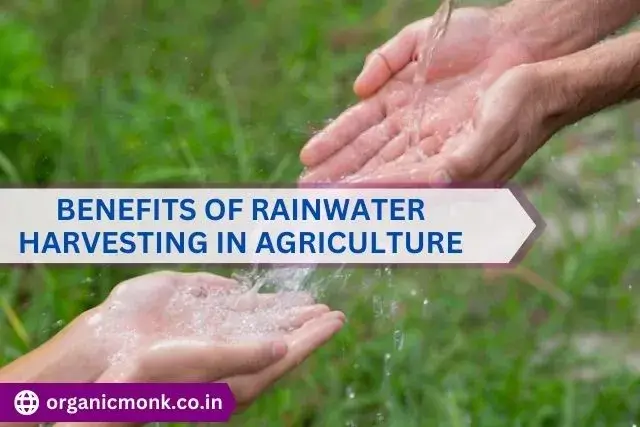What is Rainwater Harvesting?
Harvesting of water is the process of collecting or storing rainwater for various purposes. Water is collected for various purposes such as irrigation, domestic use, groundwater recharge, and other agriculture practices. Moreover, it is a traditional method conducted for many years to manage and conserve water.
It is commonly used in places with less rainwater or water scarcity. The water is collected on rooftops, paved surfaces, or other water bodies for later use. For practices such as agriculture, there is a need for a large amount of water. The harvested water can be used for purposes such as irrigation in case of inadequate seasonal rain.
Rainwater harvesting has various benefits which we will discuss further in this blog. Additionally, we should conserve water for the future or generally recharge the groundwater except for our immediate needs. Water is an exhaustible resource on earth that will exhaust one day if not used carefully by the increasing population.
Benefits of Rainwater Harvesting in Agriculture
Rainwater has immense benefits which is why it is used widely in various places. Especially in places with deficient water. Several benefits of rainwater harvesting are –
Reduces soil erosion
Collecting water in containers reduces the pressure of water on the surfaces. That water can eventually cause soil erosion by surface runoff, and contamination from pesticides. Surface runoffs can also cause the degradation if land and loss of soil fertility.
Supply of quality water to the field
Rainwater is a great source of watering the fields as it is water free from additives, minerals & salts. Thus, it’s a good quality water to use in agriculture.
Saving water resources
By rainwater harvesting, farmers can save their water bills. The collected water is helpful in irrigating fields at any time and that water can be used freely. Additionally, farmers don’t have to rely on seasonal rain to meet their agricultural water needs.
Ability to cultivate even in dryland
Almost 65% of all the arable lands are dry and rely on rainfall for agriculture. Approx. 40 to 50% of food grain need in India is fulfilled through drylands. With rainwater harvesting it gets easy to cultivate in drylands and semi–arid regions as well.
Less use of underground water
Generating farming water sources from underground water is a way time-consuming & expensive. It’s more convenient to use rainwater instead of groundwater. In the case of drought or scarce groundwater stored rainwater is the rescue option.
The level of groundwater is also getting lowered due to excessive use of it. One should also try to minimize the use of groundwater to keep it for adverse situations & to maintain the groundwater level as well.
More yield & sustainable growth
Collected rainwater can give more yield because it’s a good source of nutrients when used after filtering. Cleaning impurities like salts, debris, and sediments from the collected rainwater makes it a perfect irrigation source.
Additionally, Rainwater is also chlorine-free, pollutant-free, and ultimately healthy for plants and trees. It also promotes sustainability cost reduction of water cleaning and increased yield as well.
Water Conservation
Rainwater harvesting can conserve a lot of water that is otherwise wasted by runoff and evaporation. This also reduces the demand for underground or surface water which are traditional sources of water. Through rainwater harvesting, these traditional reserves will retain, and it also ensures a sustainable supply of water.
Cost saving
Harvesting of water provides an additional and free-of-cost source of water that reduce water bills. Additionally, people can escape from the costly water supply system that consists of high-water tariffs.
Improved Water Quality
Rainwater harvesting improves the quality of water resources or reservoirs that enters water bodies. As rainwater is pollutant free so when it enters the water bodies it results enhancing their water quality.
Otherwise, the water resources get contaminated from the polluted water coming from roads, factories & other impervious surfaces.
Conclusion
Water is a scarce resource that needs to be conserved timely for future or coming generations. There are immense benefits of conserving or harvesting water. Conserved water can be used for various purposes such as household chores and agriculture as well.
Harvesting water is a traditional method that is useful in many ways. People use it to conserve water for an adverse situation such as drought or less rainfall.
Additionally, it helps to meet the huge water needs of agriculture that always cannot be dependent on seasonal rainfall. Because sometimes farmers have to face a water crisis due to inadequate rain. In those situations, water harvesting comes to their rescue.

